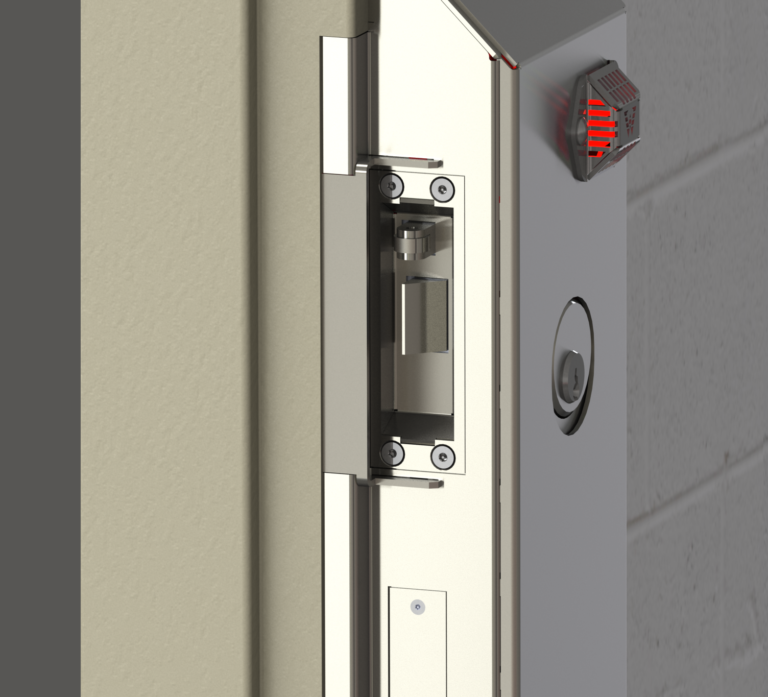Pennsylvania Lawmakers Look to N.Y. for Prisons Solution
HARRISBURG, Pa. — State lawmakers are considering a package of bills designed to overhaul the criminal justice system, reverse inmate population increases and limit the need for new prison construction.
The legislative effort includes reform policies similar to those implemented in New York to tackle crime, incarceration and recidivism trends.
Driven by high incarceration and recidivism rates, spending on the prison system has ballooned in recent years. Since 1990, the inmate population at the state’s 26 prisons has increased 100 percent from approximately 22,000 to 44,000 inmates, while annual spending has soared from about $400 million to almost $1.5 billion, according to the Department of Corrections.
Unless inmate population growth trends are reversed or reduced significantly, the DOC faces an 11,000-bed shortfall by 2011, which would require the construction of three new prisons, officials say.
A bill sponsored by House Speaker Dennis O’Brien (R-Philadelphia) designed to reduce county jail populations contains measures to decrease recidivism among nonviolent offenders through the expansion of rehabilitation programming initiatives such as substance abuse treatment, education and job training.
Other criminal justice reform package bills would expand supervision for probationers and parolees and provide corrections officials with more flexibility to ransfer seriously and chronically ill inmates to medical facilities.
In other news, Philadelphia Mayor Michael Nutter introduced a re-entry program that offers $10,000 in annual municipal tax credits to companies that hire ex-offenders.
“Jobs are crucial to a comprehensive public safety plan and providing job opportunities for ex-offenders will go a long way to achieving a sustainable decrease in crime,” Nutter says.
Philadelphia spends about $30,000 per inmate annually to house an average of about 9,000 inmates. Up to 40,000 ex-offenders return to the city every year following release from local, state or federal corrections facilities, according to reports.
Under the new program, any business that hired an ex-offender since Jan. 1, 2008 can apply for a $10,000 credit against their business privilege tax for three years. The hiring company is required to provide vocational training or tuition support for ex-offender employees in order to receive the tax credits.
“I encourage all businesses in Philadelphia to identify potential opportunities for those who may have made mistakes in the past, but who have served their time and are looking to turn their lives around,” Nutter says.
City officials working with the Department of Revenue authorized credits for up to 500 new hires as part of the program, which is headed by Ronald Cuie, an ex-offender and now director of the city’s Office for the Re-entry of Ex-offenders.






